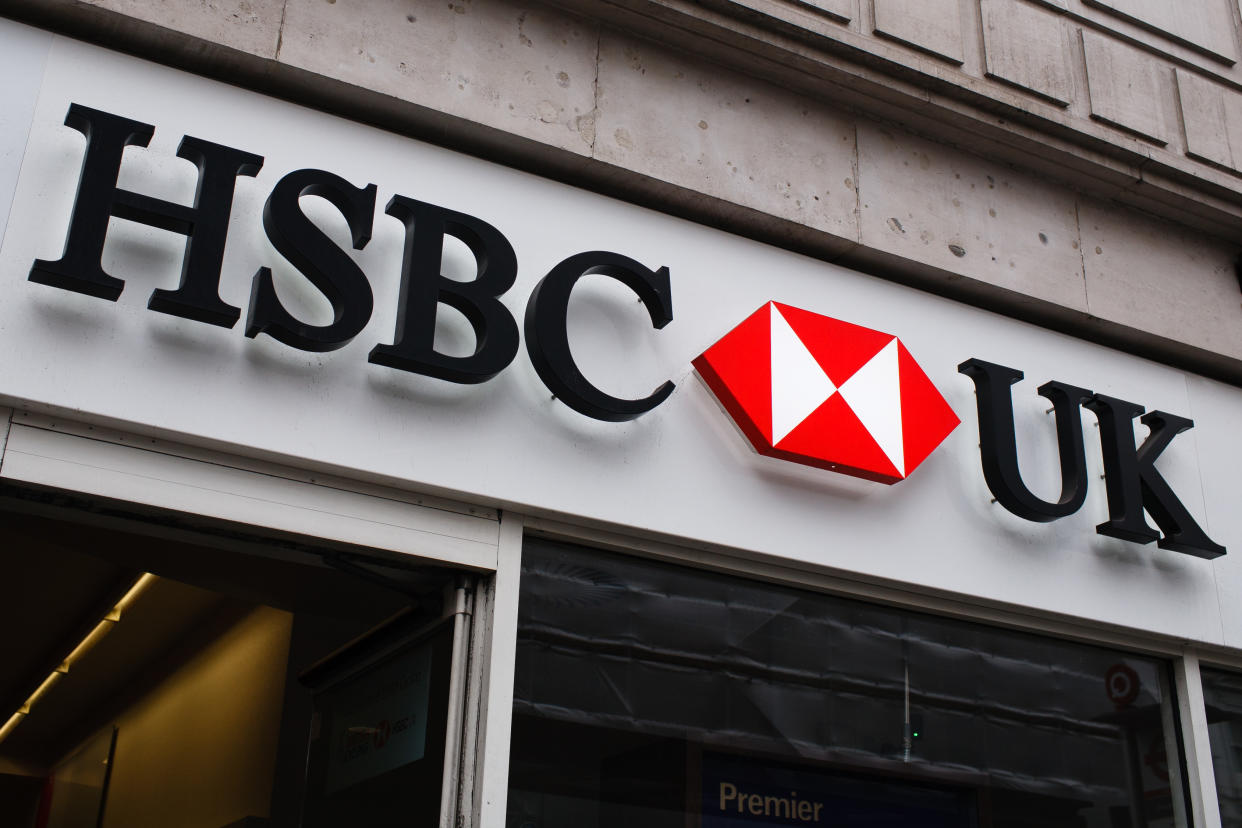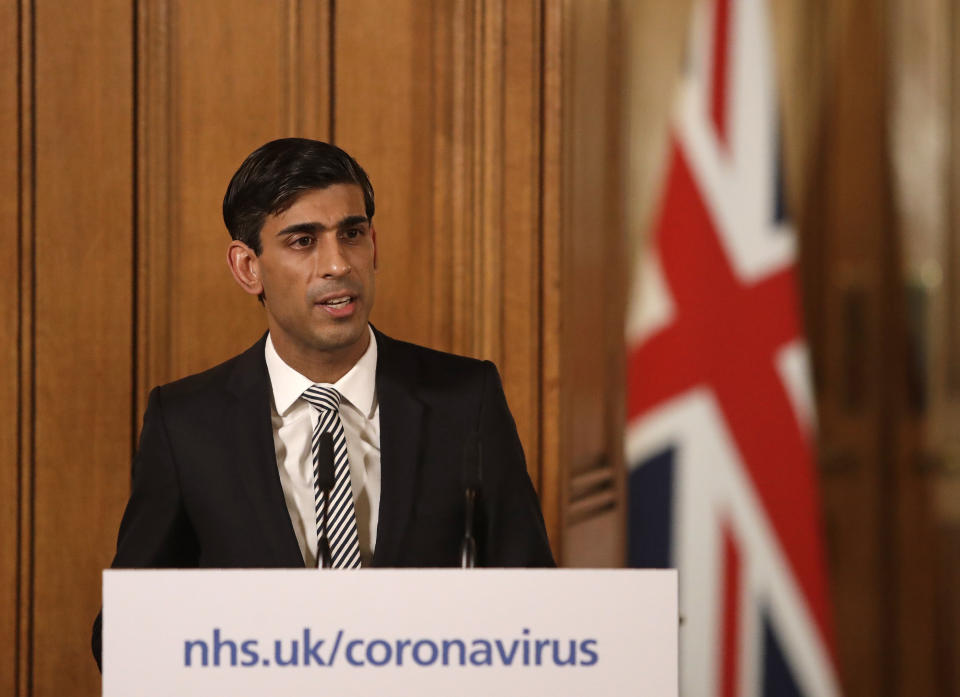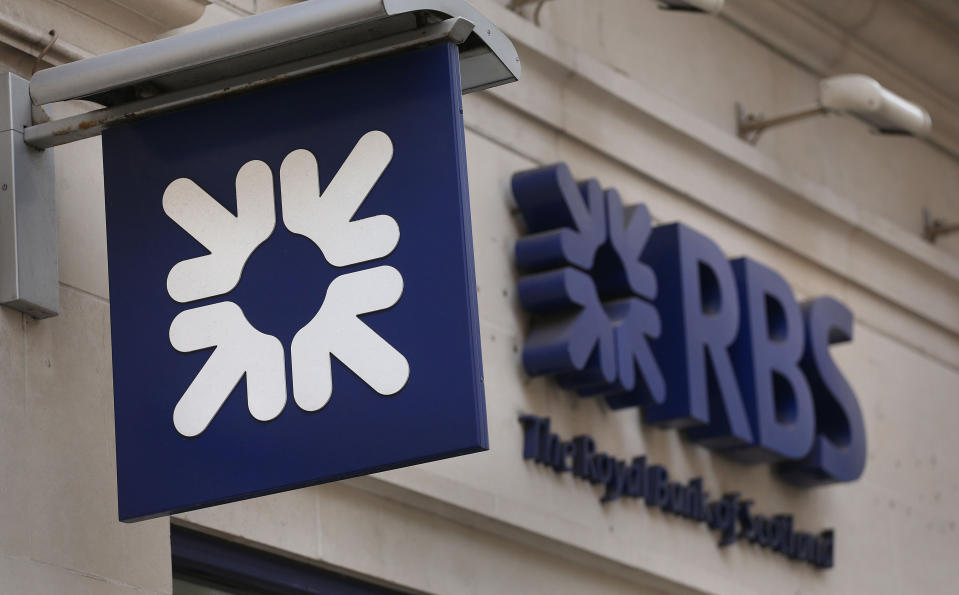Banks under fire over personal guarantees on coronavirus loans

Banks have come under fire for asking business owners to put their savings on the line in order to secure emergency coronavirus loans.
Some lenders are asking entrepreneurs for personal guarantees in order to access Coronavirus Business Interruption Loans (CBILs), a government-backed scheme meant to support small businesses during the economic shutdown.
HSBC (HSBA.L), Lloyds Bank (LLOY.L) and Barclays (BARC.L) all say they may ask for personal guarantees on loans above £250,000 ($299,478).
It means a bank could go after business owner’s personal assets, like savings and second homes, if the loan goes bad.
Critics say the scheme places too much risk on the shoulders of struggling business owners and is not true to the principle of the scheme.
CBILs are government-backed loans of up to £5m, with no interest or fees for the first 12 months. When Chancellor Rishi Sunak announced the measures last week, he said CBILs were part of a “collective national effort” to get through this “economic emergency.”
Under the new programme, it is up to the lender to decide whether to ask for security guarantees from business owners. They are forbidden from taking a charge on a borrower’s homes but can go after other assets.
The All Parliamentary Party Group on Banking tweeted on Thursday: “Treasury must issue clear guidance on parameters and not allow security at 'discretion of the lender' to muddy the waters. Unprecedented times require emergency funding. Keep it simple, and no [personal guarantees].”

Mike Cherry, chair of the Federation of Small Businesses (FSB), told Yahoo Finance UK: “Given that these are extreme circumstances – and the government is prepared to underwrite 80% of the value of this lending – we need to see banks taking a genuinely flexible approach to viable small businesses in need.”
A survey of 5,000 small business owners by alternative finance provider Market Finance this week found only 52% are interested in taking out a CBIL. The main reason most are put off is a fear of not being able to repay the debt and the possible consequences.
Anil Stocker, chief executive of Market Finance, said small business owners were “weary of taking on more loans that they might not be able to pay back.
“It’s important to realise that in the fine print, many banks will ask for additional security and personal guarantees for loan amounts greater than £250,000 of borrowings,” he said.
Stephen Jones, the head of industry group UK Finance, said banks were “required” to ask for guarantees above £250,000 “because the government guarantee of 80% of loan losses only covers residual losses on a bad debt after the security taken has been realised.”
Not all banks are asking for personal guarantees, however. RBS (RBS.L), and subsidiary Natwest, confirmed to Yahoo Finance UK it would not ask for security over business owners’ assets.
“We know that the impacts of coronavirus are being felt by the UK’s businesses, and understand that the ongoing uncertainty is a worry and challenge for our customers,” said Paul Thwaite, CEO Commercial Banking at NatWest.
The FSB’s Cherry said: “A number of major banks have already ruled out the requirement for personal guarantees where these loans are concerned – others should follow suit. Lenders need to remember that, for many, these loans currently represent the only route to resolving a total loss of cashflow.”
Fran Boait, executive director of campaign group Positive Money, called for more action from the government and said: “Banks must not be allowed to exploit this crisis to their benefit.”

A spokesperson for HSBC said: “To support our customers in these unprecedented times and to make it easier for our customers to access liquidity, we are not asking for personal guarantees on CBILs for loans up to £250,000.”
A spokesperson for Barclays said the bank had on Thursday stopped asking for an personal guarantees on CBILs below £250,000.
Ian Rand, chief executive of Barclays Business Banking, said: “Barclays is a strong supporter of this CBIL scheme, designed to help the businesses hit hardest by Coronavirus. If your business was a viable business before the crisis, and you meet the criteria, then this scheme can provide vital financial support to see you through these current challenges.
“We know that speed is important right now, and I promise that we’re working as fast as we can to deliver the right support to businesses that need it.”
A spokesperson for the Treasury said: “The chancellor has announced an unprecedented package of support for workers and businesses.
“This includes providing £330bn in business loans and guarantees, paying 80% of the wages of furloughed workers for three months, VAT and tax deferrals, introducing cash grants of up to £25,000 for small business and covering the cost of statutory sick pay.”
In a letter sent to bank chief executives on Wednesday, Sunak and counterparts at the Bank of England again stressed that banks should do everything they can to “ensure that firms whose business models were viable before the crisis remain viable once its over”.
UK Finance’s Jones said: “The banking and finance sector is committed and has the capacity to support viable businesses with their cashflow and investment needs.”
The BBC first highlighted the issue of guarantees on CBILs on Thursday.
Watch the latest videos from Yahoo UK

